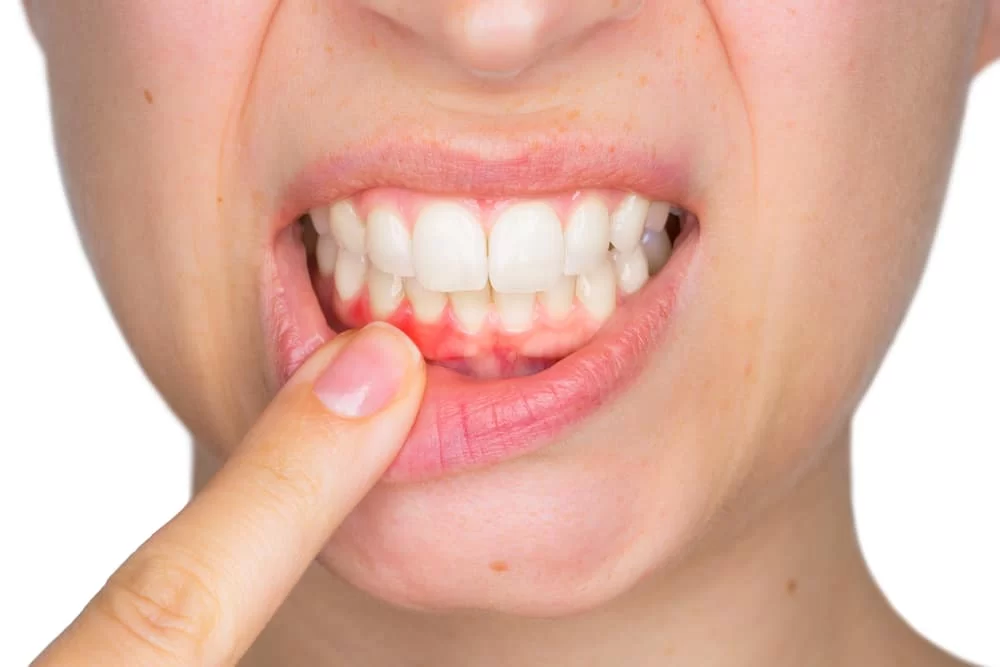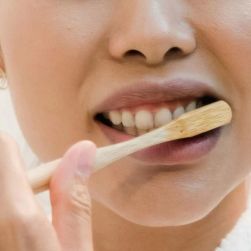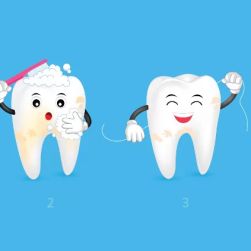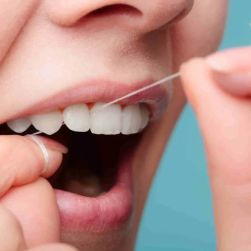How to Prevent Gingivitis with Healthy Oral Care Habits
Gingivitis, a common yet serious gum condition, can lead to more severe dental issues if not managed properly. Fortunately, with the right habits and routine, you can prevent gingivitis and maintain a healthy, bright smile. In this article, we’ll explore essential oral care habits that not only keep your teeth and gums in tip-top shape but also help prevent gingivitis from taking root.
- 1. Importance of Daily Brushing
- 2. Flossing for Gingivitis Prevention
- 3. Mouthwash and Gingivitis Prevention
- 4. Diet and Gum Health
- 5. The Role of Regular Dental Visits
1. Importance of Daily Brushing
Brushing your teeth twice a day is one of the simplest yet most effective ways to prevent gingivitis. Plaque, a sticky film of bacteria, builds up on your teeth throughout the day. If not removed by brushing, plaque can lead to gum inflammation and eventually gingivitis. To properly brush your teeth, use a soft-bristled toothbrush and fluoride toothpaste. Be sure to brush all surfaces of your teeth, gums, and tongue to remove harmful bacteria and prevent plaque buildup.
Many people overlook the importance of brushing their gums. A gentle brush of your gumline, where the tooth meets the gum, is crucial to removing plaque that could lead to gingivitis. Consider investing in an electric toothbrush, which can be more effective at removing plaque than manual brushing.
2. Flossing for Gingivitis Prevention
While brushing is important, it doesn’t reach the tiny spaces between your teeth where plaque and food particles can hide. This is where flossing comes in. Regular flossing removes debris and plaque that brushing alone can’t, reducing the risk of developing gingivitis. You should aim to floss at least once a day, preferably before bed, to ensure your teeth are thoroughly clean overnight.
Using the right technique is essential. Gently slide the floss between your teeth in a sawing motion, and curve it around each tooth to clean beneath the gumline. Avoid snapping the floss, as this could damage your gums.
3. Mouthwash and Gingivitis Prevention
Mouthwash is often an overlooked part of an effective oral care routine, but it can play a key role in preventing gingivitis. Antibacterial mouthwashes help reduce plaque buildup, fight bacteria in the mouth, and soothe inflamed gums. Choose a mouthwash that contains fluoride and has antibacterial properties, and use it after brushing and flossing for an extra layer of protection against gum disease.
Keep in mind that mouthwash should not replace brushing or flossing but should be used as an additional step to ensure your mouth stays clean and free from harmful bacteria.
4. Diet and Gum Health
Your diet plays a significant role in your oral health. Eating a well-balanced diet that’s rich in vitamins and minerals can help keep your gums healthy and reduce your risk of gingivitis. Vitamin C, in particular, is known for its role in maintaining healthy gums, so make sure to include fruits like oranges, strawberries, and kiwis in your diet.
Additionally, foods high in fiber, such as apples and celery, help clean your teeth naturally as you chew, reducing plaque buildup. Avoid sugary snacks and drinks that can feed harmful bacteria in the mouth, leading to gum inflammation and eventually gingivitis.
5. The Role of Regular Dental Visits
No oral care routine is complete without regular dental checkups. Dentists can detect early signs of gingivitis and provide professional cleaning to remove plaque that can’t be removed by brushing alone. Early intervention can prevent gingivitis from progressing into more severe gum disease, such as periodontitis, which can lead to tooth loss.
It’s recommended to visit your dentist at least twice a year for routine cleanings and checkups. If you notice any signs of gingivitis, such as bleeding gums, bad breath, or swollen gums, schedule an appointment sooner rather than later.
Remember, prevention is always better than treatment when it comes to gum health. By following these oral care habits, you’ll be well on your way to preventing gingivitis and maintaining a healthy mouth for years to come.
For more information on oral care products that can help you maintain healthy gums and prevent gingivitis, click here to explore our range of oral hygiene products.







